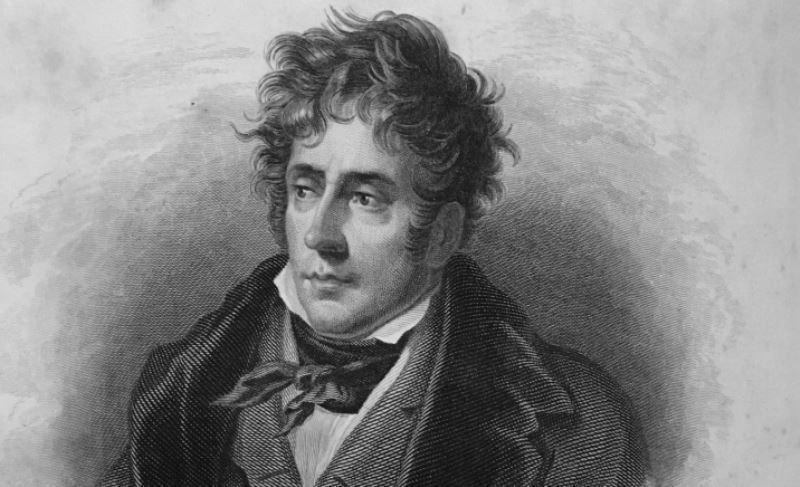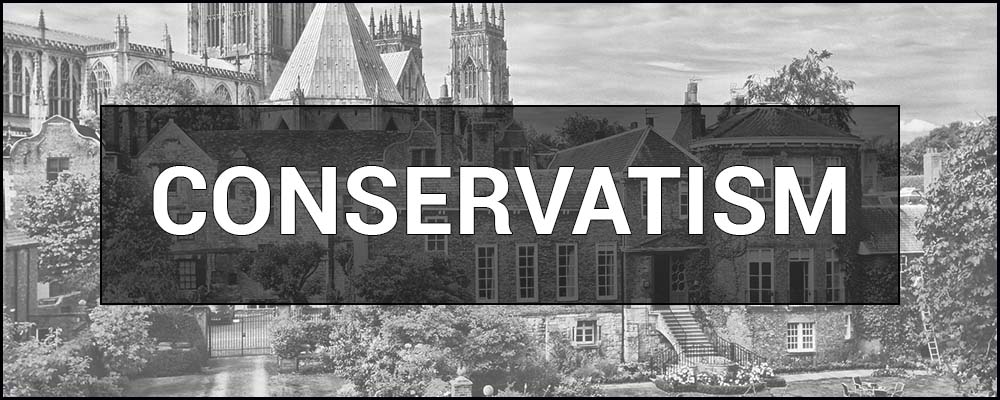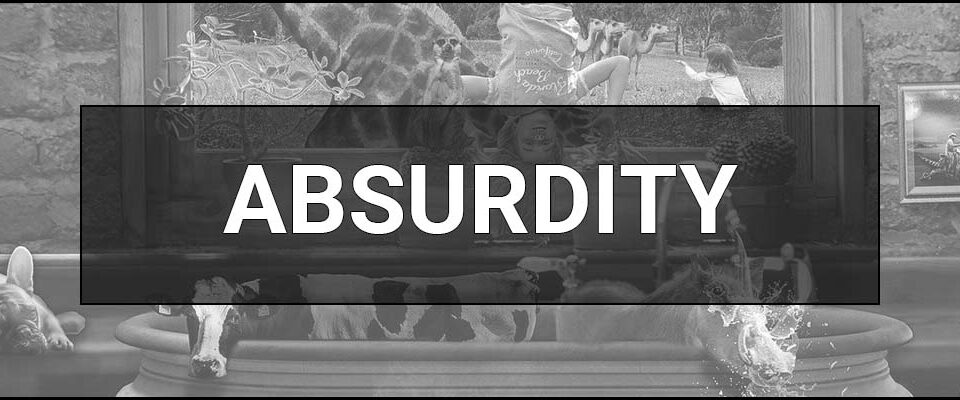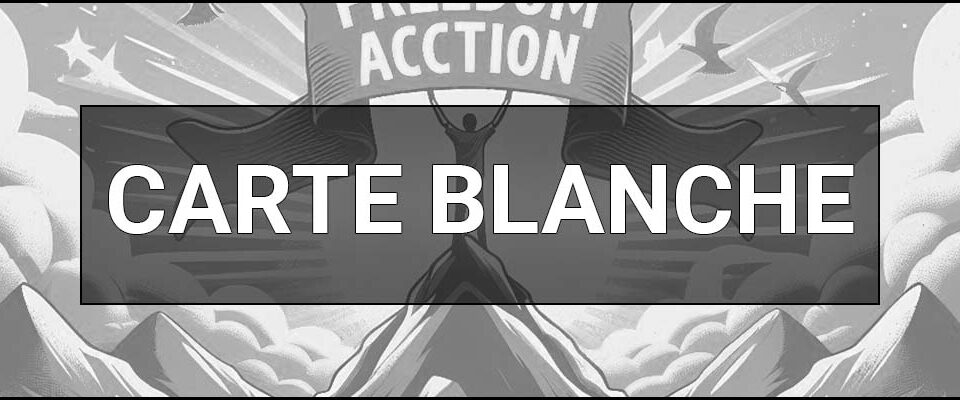Conservatism is an ideology that implies adherence to established traditions and continuity in the political, cultural, social, and religious spheres. The name of the ideology comes from the Latin word “conservo”, which literally means “preserve” or “protect”.
What is CONSERVATISM – definition and meaning in simple words.
Simple clear answer: Conservatism is the tendency of an individual, group of people or the whole society to reject innovations and changes, rejection of radical reforms. This is consent to a non-ideal present as opposed to a more prosperous, but illusory future. For example, the use of push-button phones by the older generation of people instead of smartphones.
As you can see, conservatism is a rather complex and multifaceted concept that can relate to any sphere of society.
A person who adheres to such an ideology is called a conservative.

History of conservatism.
At all times, there have been ideas, doctrines, concepts, and paradigms that can be classified as conservative, the starting point in the historical definition of conservatism is the end of the 18th – beginning of the 19th century. The formation of the principles of conservative ideology was a response to the French Revolution of the 18th century, rejecting the “old order”, when the underprivileged sections of society made an attempt to defend their rights.
It is generally accepted that the term “conservatism” belongs to the French politician and writer François René de Chateaubriand, who published the magazine “Le Conservateur” (“The Conservative”) in the early 19th century.

The slogan of ideology is revealed in the expression “Traditional Unity”. The main ideas of conservatism include:
- Adherence to the established moral customs and traditions of mankind,
- Respect for the wisdom of previous generations,
- Denial of radical transformations of traditional values,
- Conviction in the impossibility of forming a society according to theoretically developed schemes. The development of society is possible only through trial and error.
The origins of conservatism were the English thinker Edmund Burke, Francois Rene de Chateaubriand – a writer and diplomat from France, the French politician Alexis de Tocqueville, and the Catholic philosopher Joseph de Maistre.
The representatives of conservatism in modern history can be considered the leaders of the communist USSR: Stalin, Chernenko, Andropov, Brezhnev.

Basic principles of conservatism.
Like any ideology, conservatism is based on certain principles. The main points were:
- A stable moral order, which is connected, first of all, with religiosity and faith in God, as the primary source of everything, including the moral order.
- Discretion is an important aspect of ideology.
- Private property is a solid foundation for personal freedom and a civilized society.
- Even if any tradition or custom has lost its former meaning, it should not be renounced. After all, it is thanks to this tradition that society has become what it is.
- Human imperfections cannot be completely eliminated. The formation of this principle was influenced by the idea of Christians about the sinful nature of man. And since a person is imperfect, then any social, political, cultural, religious structure a priori cannot be perfect.
- Previous problem-solving experience will help solve similar problems in the future.
- Voluntary associations of people on a religious, social or ideological basis.
- The only equality for conservatives is equality before heavenly and earthly courts.
- Reasonable restrictions and controls for the organization of society and government.
- The actions of society and government are carried out in accordance with real needs and circumstances, and not for the sake of abstract ideas.
Forms of conservatism:
- Political – a system whose purpose is to preserve the forms of state and public life that have developed historically on the territory of the country (for example, the Tory political party, England). At the same time, any reforms are denied, the unity of the nation is maintained, and the interests of the state are considered dominant.
- Cultural is a worldview based on the preservation of the cultural heritage of peoples or nations (for example, Chinese civilization). Adherents of this worldview adapt the foundations of the past to modern realities.
- Social – implies the preservation of moral norms and values (for example, the condemnation of LGBT people, the immorality of a naked body).
- Religious – involves strict adherence to religious doctrines and dogmas that were formed by the fathers of religious organizations. Conservative denominations include Protestants, Orthodox Judaism, and others.

Modern varieties of conservatism.
Today, supporters of this ideological movement have formed several varieties of conservatism:
- Traditionalism – involves a scrupulous study of the experience of predecessors and its application in practice without making even the slightest change.
- Liberalism – implies the expansion of personal rights and freedoms of a person, and denies the encroachment of the state on the personal freedom of an individual. Among the representatives of this trend are Franklin Roosevelt (32nd President of the United States), John Keynes (English economist).
- Neoconservatism – stands on the side of gender equality, sexual minorities, the abolition of the death penalty, stability, order, hierarchy of power, etc. The most famous followers of neoconservatism are Angela Merkel (Chancellor of Germany), Ronald Reagan (40th President of the United States), Margaret Thatcher (Prime Minister of Great Britain).




